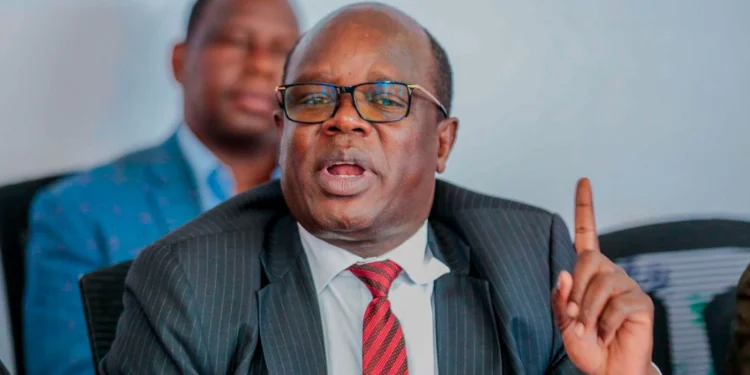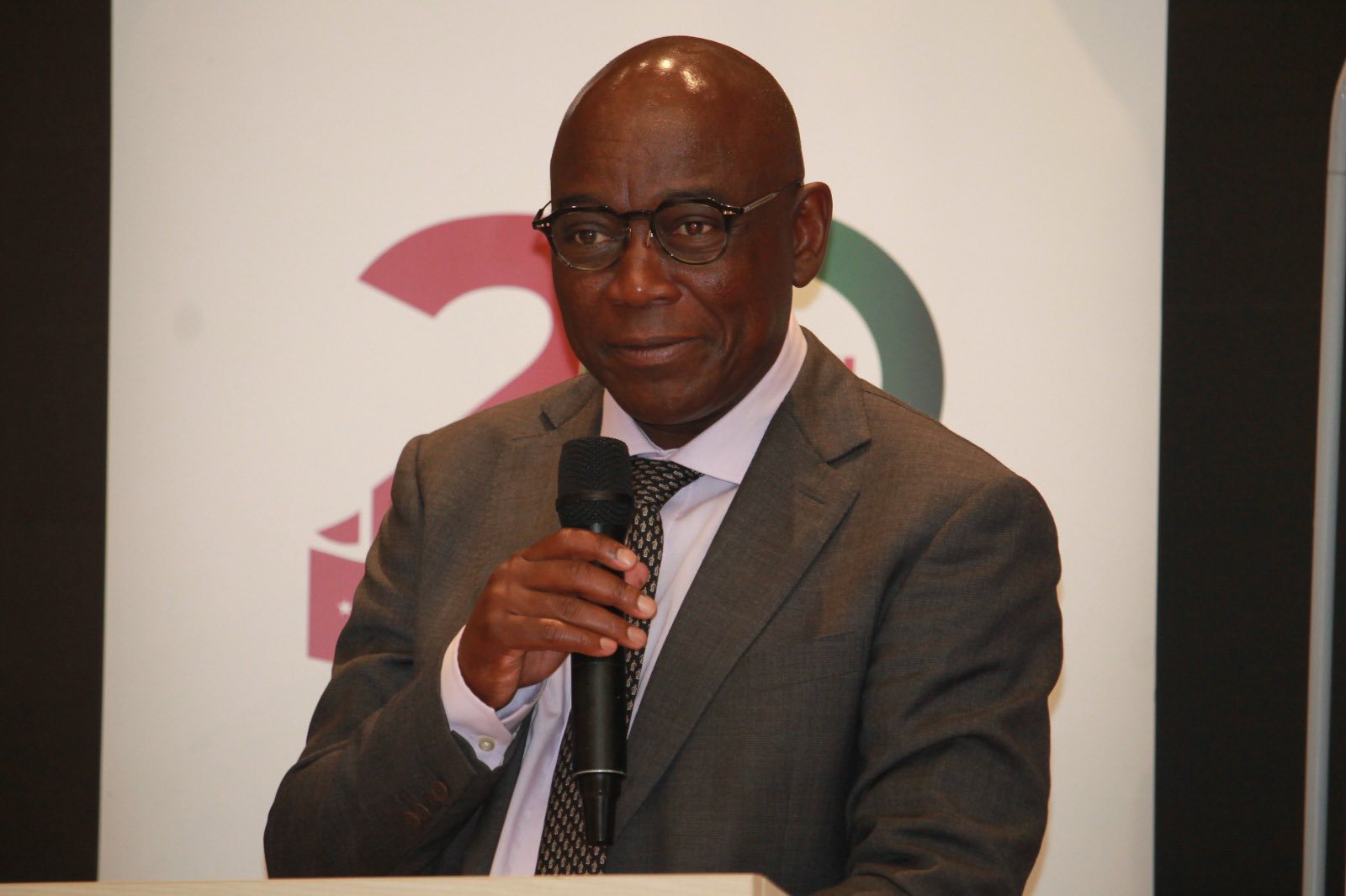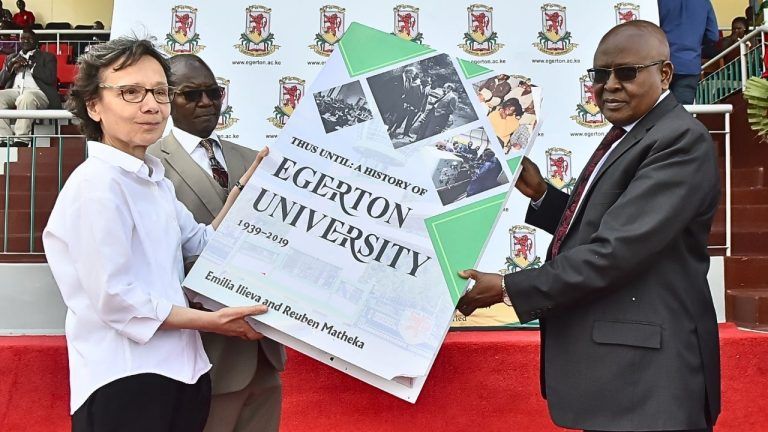| About the Commonwealth The Commonwealth is a voluntary association of 54 independent and equal sovereign states, with a combined population of 2.5 billion. Over 60 percent of this population is aged 29 and under. The Commonwealth Secretariat supports member countries to build democratic and inclusive institutions, strengthen governance and promote justice and human rights. The 21st edition of the Conference of Commonwealth Education Ministers (CCEM) ends today in Nairobi with a rallying call for ministers to take urgent strategic actions, innovative solutions, and renewed commitments to rebuilding better, resilient, and inclusive education systems that can withstand future crises. Hosted by the Government of Kenya in collaboration with the Commonwealth Secretariat, the two-day conference focused on the theme, ‘Rethinking Education for Innovation, Growth and Sustainability post-Covid-19’. It offered ministers, policymakers, civil society, and development partners the opportunity to engage with one another, share knowledge and good practice, and explore trends and innovative approaches that can be adapted by member countries to develop sustainable and resilient education systems. The conference kicked off with a minute’s silence in honour of the late Kenya’s third president, H.E. Mwai Kibaki, who was a champion of education reform during his tenure. He will be remembered most notably for introducing free primary education, a policy that has benefitted millions of children across Kenya. Opening the forum, the outgoing chairman Premila Kumar, Fiji minister for education, said her tenure had been an honour to work with member states and the Secretariat to deliver on the policy recommendations in the four years at the helm. Incoming Chair Prof George Magoha, Kenya’s Cabinet Secretary (CS) for Education, said the shock brought about by the Covid-19 pandemic had highlighted challenges that called for rethinking learning spaces and processes such as engagement of parents and communities. He said access to quality learning was confronted by a myriad of threats, including poverty, inaccessibility to internet, and underlying concerns such as physiological and biological changes in learners and increased workloads that result in stress for teachers and school leaders. “In line with this year’s theme, we will acknowledge the importance of urgent and accelerated Commonwealth-wide action for post-Covid education systems recovery and achievement of SDG4,” he said. In her welcoming address, the Commonwealth Secretary-General (SG) The Rt Hon Patricia Scotland QC thanked the people and Government of Kenya for their efforts in hosting the conference. “The Covid-19 pandemic has worsened the global learning crisis, with many learners losing access to their classrooms. Recovery from the pandemic and transition back to regular schooling is slow, and there is a need to catch up,” she said regarding the impact of Covid-19 on education. The SG recommended transforming education systems into resilient and inclusive spaces able to absorb shocks and crises and cater for the needs of everyone. “Globally, at least 30% went without learning continuity. Post-Covid, we must make sure that the poorest 30% are included in the group of primary beneficiaries,” she asserted. She also highlighted five priority areas on which member countries should focus to accelerate efforts towards achieving the 2030 Sustainable Development Goals (SDGs). A keynote address by the Kenya’s president, H.E. Uhuru Kenyatta, was delivered by Interior CS Dr Fred Matiang’I, who noted that the conference was a moment to make education systems more responsive to the changing nature of work and transform education into a more effective tool for socio-economic change. “We are looking to you (education ministers) to lead the sector into a new post-Covid re-imagined education frontier,” the speech read in part. Over 200 delegates from 38 Commonwealth countries are attending the conference, which ends on 28 April 2022 (today). It is covering a range of key issues relating to the state of education systems within the Commonwealth, as well as addressing the persistent barriers to access and inclusivity of education. For the first time, the Conference was held in a hybrid format with some ministers and delegates attending the in-person event in Nairobi, while the rest joined virtually. It marked the first time the Commonwealth family came together in Nairobi since 1987 when it hosted the 10th conference themed ‘Vocational orientation of education’. The education ministers’ conference is held every three years and is open to all the 54 member states of the Commonwealth. At the end of the conference, a ministerial statement will be issued that has policy proposals which will inform discussions at the upcoming Commonwealth Head of Government Meeting (CHOGM) scheduled to take place in June 2022 in Kigali, Rwanda. |
Commonwealth education conference ends with calls for rebuilding resilient education systems






